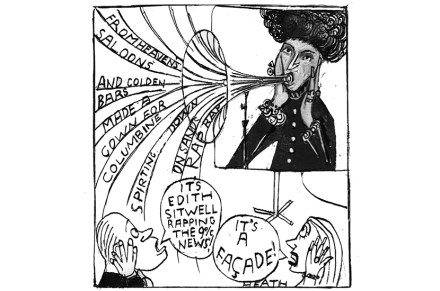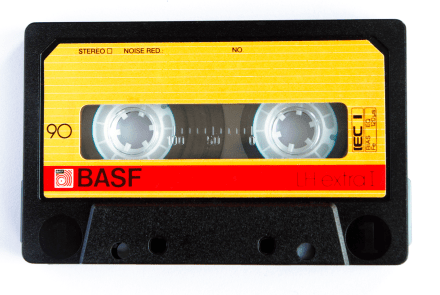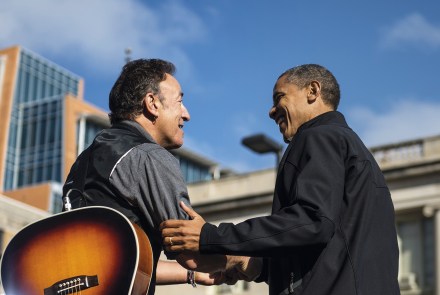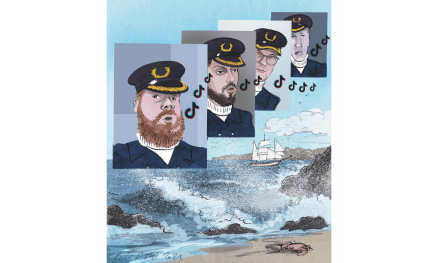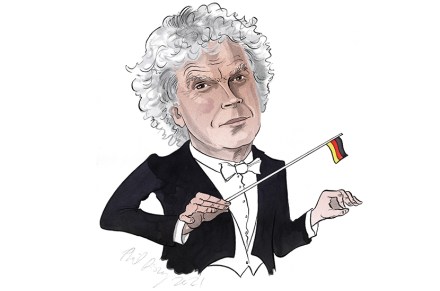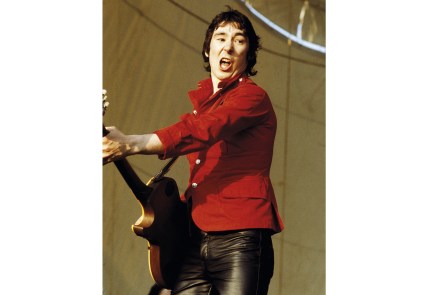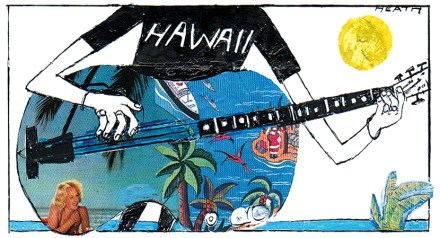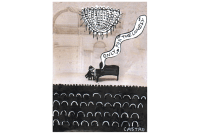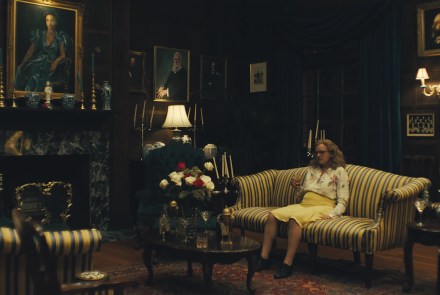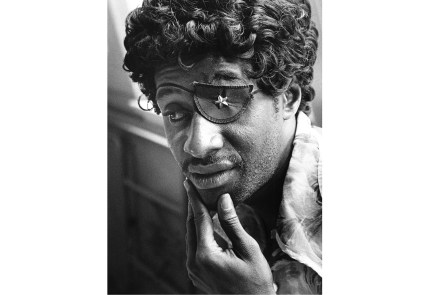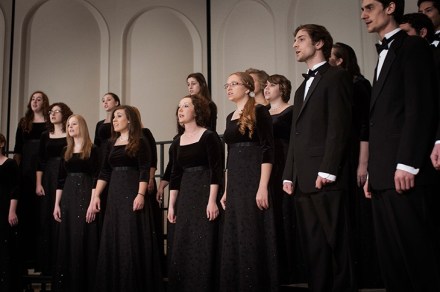The deafening rise of ‘background’ music
One of my favourite things on British Muslim TV is Ask the Alim. An alim is a learned expert in the law. He’ll answer anything, live. The 2020 Best Bits highlights programme included a question about divorce. Can a man take back a woman he has divorced? Good question. It depends whether the divorce is revocable or irrevocable, according to the alim. Boris Johnson has been doing something similar on Facebook recently: Ask the Prime Minister. Instead of expertise on Shariah, he offers an ‘irreversible roadmap to freedom’. But there has been something a bit weird recently about the broadcasts (easily viewed and reviewed to your heart’s content on Twitter,
